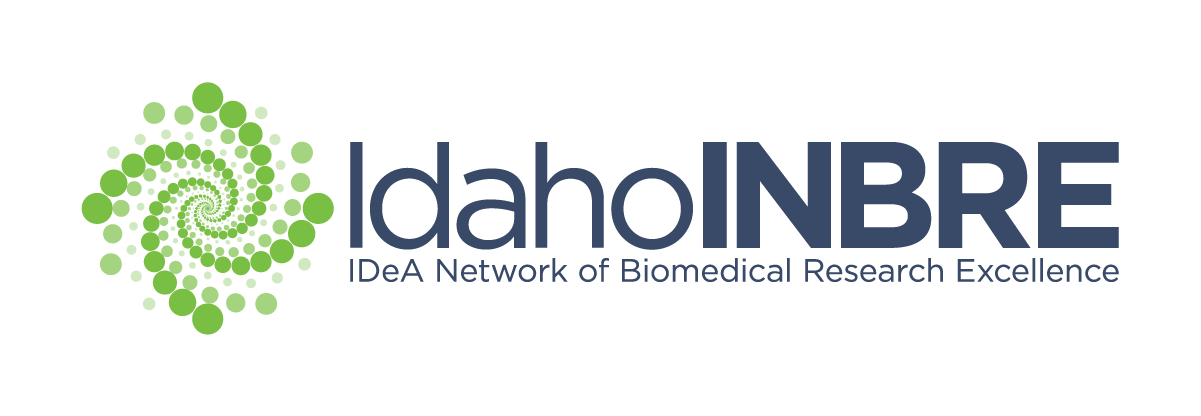
- Name: Andrzej Paszczynski, Ph.D.
- Institution: University of Idaho
- Department: School of Food Science
- Phone: 208-885-6318
- Email: andrzej@uidaho.edu
Summary: The research performed in my laboratory has focused on microbes collected from pre-launch spacecraft residing in spacecraft assembly clean rooms. Our research is showing that the current NASA methods used to reduce microbial populations result in the maintenance of microorganisms, namely bacteria, which are able to survive the multitude of bioburden reduction processes utilized at NASA facilities. Our goal is to understand how and why these bacteria survive and how certain bioburden reduction processes may be improved upon. The fact that the microbes have been collected from ‘cleaned’ pre-flight spacecraft suggests that there is much to be learned about how organisms tolerate exposure to harsh cleaning agents and stringent sterilization processes, information that is vital to NASA and other facilities that utilize clean room environments such as operating rooms, pharmaceutical production facilities, and medical device manufacturing facilities. We currently wish to characterize the tolerance and resistance of microorganisms to the cleaning agents used during bioburden reduction process. We are also focusing our research on distinguishing the microorganisms that survive exposure to multiple extreme conditions to study how stresses acting in synergy affect growth and survival.
Minimum Classes: Microbiology coursework with a laboratory course would be helpful but is not required.
Projects: INBRE Fellows who choose to work in our laboratory will be working on the following projects: 1.) Fellows will test survival of bacteria that withstood single stresses to exposure of multiple extreme conditions simultaneously including growth at 4°C, at pH 9 or higher, at 10-20% NaCl, and resistance to desiccation. Bacteria will be grown in media containing various concentrations of salt at a pH of 7, 8, 9, and 10. Bacteria will also be grown in the media and subjected to a 2 week desiccation (drying) period. At the end of the experiment we will determine if rehydrated cells are actively growing after exposure to these multiple conditions. 2.) Fellows will characterize the tolerance/resistance of microorganisms to the cleaning agents used during bioburden reduction process. Many of the bacteria we have grew in alkaline media (pH >9) indicating that these organisms may be resistant to the alkaline cleaning reagents used to reduce the bioburden. Microbes that grew at elevated pH will be tested for their ability to survive exposure to alkaline cleaning reagents commonly used at Jet Propulsion Laboratory, as well as reagents used at non-NASA venues such as hospitals and pharmaceutical production facilities. As with the previous task, Fellows will work with many different types of bacteria that are representatives of organisms of medical interest. Fellows will learn how to handle and grow bacteria, set up experiments, and collect and analyze data. This task will require Fellows to work with bacteria that are representatives of organisms of medical interest. Fellows will learn how to handle and grow bacteria, set up experiments, and collect and analyze data related to their experiments. Fellows will be working with a large number of isolates simultaneously and gain experience using various laboratory equipment such as spectrophotometers. Depending on the progress made during the 10 week period, Fellows may have an opportunity to learn additional research methods such as polymerase chain reaction and proteomics analysis.



